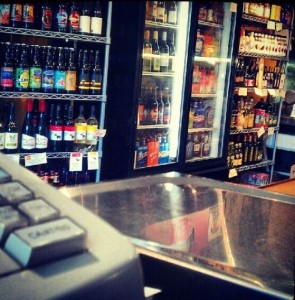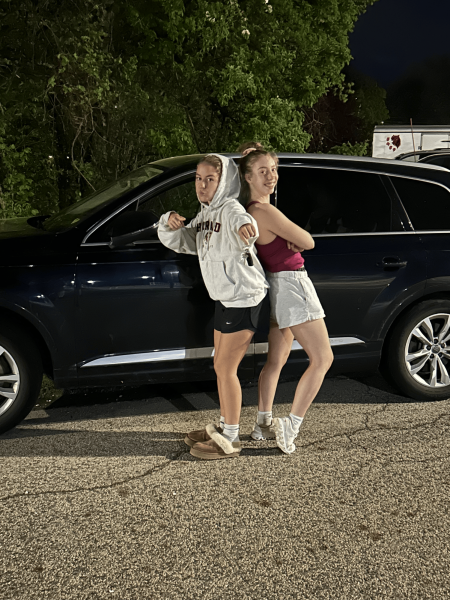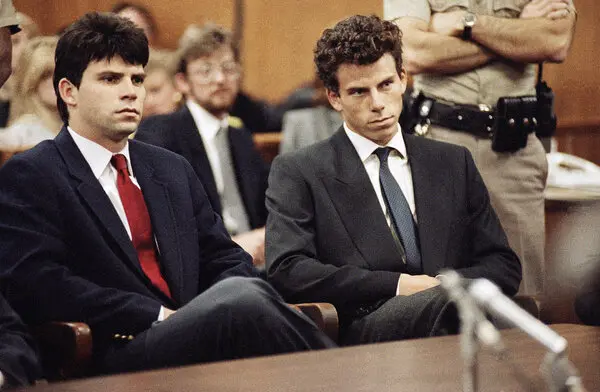Should The U.S drinking age be lowered?
Should the United States drinking age be lowered? If somebody were to ask your opinion on whether the age to drink should be lowered to eighteen, what would you say? In fact, many people think that adolescents are not properly taught how to drink moderately at a younger age and are prone to drinking in excess. Another portion of the population argue that the drinking age should stay at 21 because of the damage that alcohol can do to an adolescent brain.
The main argument for the Americans that are pro lowering the drinking age to 18, is that when you turn 18 in the United States, you are then an adult . You gain the rights to vote, get married, serve on juries, sign contracts, and most importantly, join the military. “His bottom line — states people should be given the right to make their own rules when it comes to the minimum drinking age, just as suggested by the 21st Amendment”, said by Phillip Cook, Professor at Duke University.
The second argument the “Pro category” brings up is that lowering the drinking age to 18 would decrease unsafe drinking environments. Unsafe drinking environments include parties where drinking in supervised licensed places is allowed. Other arguments bring up the fact that teens are fascinated by thrills and by normalizing the consumption of alcohol at a lower age would eliminate the thrill to experiment unsafely. Furthermore, lowering the drinking age would be good for the economy because instead of going to a bar and drinking in moderation, those who are underage consume what they get individuals who are of age (21 or older) to buy alcohol at liquor stores. Underage drinking is popular because adolescents drink it in a private setting which often leads to over consumption. Lastly, the law has almost been proven completely useless, because underage drinking accounts for 17% or twenty two billion dollars of consumer spending.
However, despite the many pros of lowering the drinking age to 18, there are also many cons. Studies have shown that alcohol consumption can interfere with the development of a teens frontal lobes. “Some point to evidence that shows regions of the brain that regulate self-preservation and risk analysis are not fully developed until the early 20s. They point out that regions of the brain that deal with organization and emotional regulation are irreparably harmed by the use of alcohol at an early age”. Another reason is that it creates a greater risk of addiction, risky behavior, and violence later in life.
People also bring up the point that the “trickle down” effect does happen. For example, as the drinking age in the United States is 21, there is a tendency that new legal drinkers will purchase alcohol for their under age peers. Their fear of lowering the drinking age to 18 is that the same “trickle down” effect will happen, but not to the 18-20 age population but to the 13-17 underage population. In addition many studies have shown that people that truly do not drink until they are 21, drink less as adults. In 2007 “gallup poll” found that 77% of Americans would vote against the lowering of the drinking age. This means that the drinking age would stay at 21 and it would continue to be illegal for individuals under the age 21 to consume alcohol.
As I completed my interview and talked to parents including my own, I realized there was a real fear among them that “history” would repeat itself. Many parents feel there is alcoholism in their families. This could lead to addiction problems among young ones if they drink too early and too much before their brains are fully developed.
In conclusion, the debate on whether or not the drinking age should be lowered or not will continue to be a major topic of discussion. There are many benefits in keeping the drinking age at 21, but there are also many benefits to lowering the drinking age down to 18. This may result in younger individuals to be less eager to consume alcohol underage and more willing to wait until they are 18.




